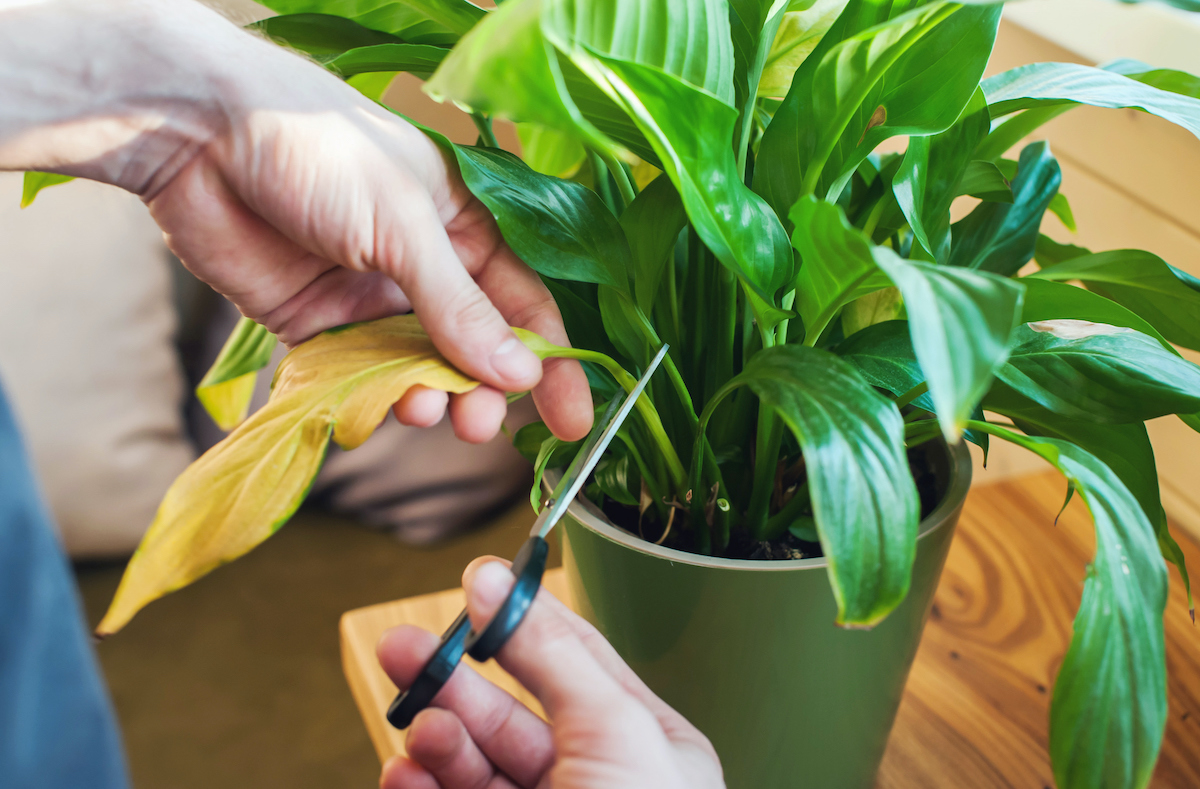Apparently My Plants Are Screaming, But Just in a Passive Aggressive Kind of Way??
I am so sorry for the times I forgot to water you.

It has long been a widely held, though somewhat controversial, belief that talking to your plants might help them grow. But did you ever think they might actually talk back? With real, airborne sounds that can be detected by machines and recorded? A recent study in Cell found that distressed plants emit specific and categorizable sounds that researchers could use to determine the state or health of each plant, i.e., if it lacked water. So stressed-out plants, in essence, might emit something like a scream to the ether? Plants! They’re just like us!
Lilach Hadany, a professor at Tel Aviv University and co-author of the study, explained to CNN that she believed it only made sense that plants make noise, given the scope of other organisms in the universe that also do. It’s been shown in the past that plants create vibrations, but that’s not the same thing as airborne sound—like the human voice creates. So, she and other researchers tested tomato and tobacco plants in sound-proof boxes, using ultrasonic equipment that can detect and record airborne sounds at a higher frequency than humans can hear.
They tested plants in various levels of distress and health, including having their stems cut in order to simulate an animal attack, plants that went unwatered, and plants that were untouched and healthy. Hadany and her team found that the plants emitted airborne sounds at between a frequency of 40 to 80 kilohertz, which, when translated to lowered to a frequency that’s possible for the human ear to detect (something lower than 16 kilohertz), sound like popcorn or bubble wrap popping. And it turned out that the more distress a plant was in, the more and faster the popping was. Plus, the pissed-off plants would also emit detectably different noise patterns depending on what their dangerous complaint was. And it worked with other kinds of plants too.
What do plants in distress sound like?
You can hear a recording of a distressed tomato plant translated to a range that humans can hear posted to Twitter by scientist Chris Rinke.
Frankly, it sounds a bit like the beat behind a soft techno bop but might scientifically be more like a plant screaming in pain?! So, if your house is covered in floor to ceiling in plants, and let’s say six of them aren’t doing so well, are those six plants shrieking at you in agony? Not so fast. Scientists aren’t quite sure yet if the sounds these distressed plants are making are meant to be a form of communication or if they’re just the result of some of their systems starting to malfunction, like a water column collapsing, researchers say. If they are “screaming” in pain like some are claiming, who exactly are they aiming their complaints to in nature? We don’t know. But the intention isn’t what always makes for the best communication.
Ok, but what does communication actually mean? Does a sound or gesture need to be intended as a message for it to be defined as communication? For instance, Professor Daniel Robert, an expert in sensory ecology and bionanoscience at the University of Bristol’s School of Biological Sciences, spoke with CNN and questioned whether it does, saying, “Lots of sounds in the world are generated that are not ‘intentional’ signals, but nonetheless can be heard and used by other organisms for their own benefits. So, the concept of communication is indeed a challenge … does it need to be bi-directional to work and be considered as such?”
Even if the plants’ popping noises may not be intentional, other organisms might hear them and be able to use that information for their benefit, Robert said, giving the example of a moth realizing a particular plant is dying, and therefore deciding not to lay her eggs there. “Lots of sounds in the world are generated that are not ‘intentional’ signals,” he told CNN, “but nonetheless can be heard and used by other organisms for their own benefits.”
So, going off what scientists know so far, your unhappy houseplants may or may not be actually screaming at you. But either way, it kind of seems like they’re doing it in a super passive-aggressive way.
(featured image: Александр Довянский/Getty Images)
Have a tip we should know? [email protected]